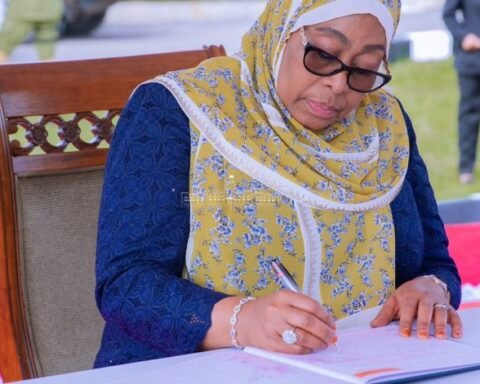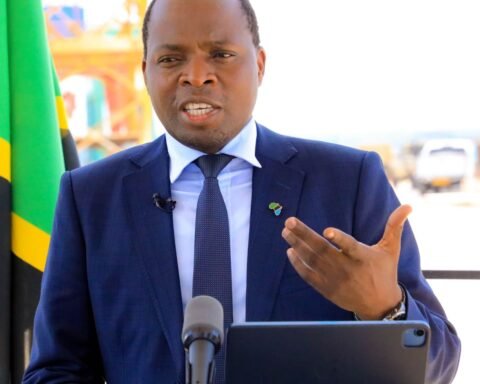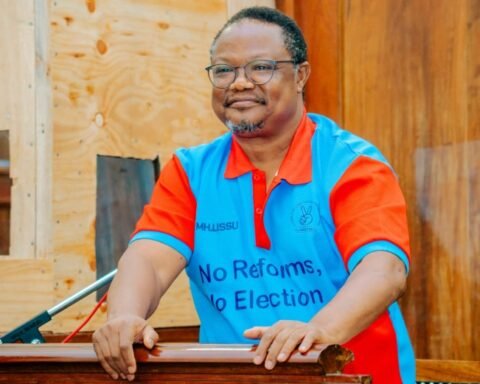The Government of the United Republic of Tanzania has unveiled an ambitious budget for the financial year 2025/26, prioritizing investments in education, healthcare, and infrastructure, in a continued effort to uplift the livelihoods of citizens across the nation.
Presenting the budget estimates before the National Assembly, the Minister of State in the President’s Office (Regional Administration and Local Government), Hon. Mohamed Mchengerwa, outlined key areas of focus aligned with the ruling party’s 2020 election manifesto and national development plans.
In the education sector, the government has allocated TZS 1.44 trillion to support the construction of 8,402 classrooms, 19,095 toilet facilities, and the completion of science laboratories and dormitories in both primary and secondary schools. More than 12 million students are currently benefiting from the Free Education Program, with additional funding provided for school meals and boarding subsidies.
The healthcare sector has also witnessed significant progress. The number of primary healthcare centres has increased from 6,081 to 7,713 over the past five years, with further plans to construct 43 new district hospitals and procure modern medical equipment for over 400 health facilities during the coming fiscal year.
Also Read; Trump Open to New Deal with China
Infrastructure remains a cornerstone of the government’s development agenda. Through the Rural and Urban Roads Agency (TARURA), gravel roads have expanded to over 44,000 kilometres, and tarmacked roads now cover 3,467 kilometres. The introduction of the Samia Infrastructure Bond has successfully raised over TZS 323 billion to support ongoing road projects nationwide.
On governance and accountability, the Minister revealed that more than 282,000 public complaints have been addressed, with 93% resolved. Disciplinary action has been taken against 2,297 public servants, including directors and technical staff, reinforcing the administration’s commitment to transparency and ethical service delivery.
Additionally, digital transformation remains a priority, with government systems now integrated with 24 institutions to streamline operations, curb revenue leakages, and improve public service efficiency.
Hon. Mchengerwa emphasized that the 2025/26 budget reflects the Sixth Phase Government’s steadfast commitment to tangible development, bridging rural and urban divides, and ensuring that every citizen benefits from national progress.








Very informative post, thank you for sharing!